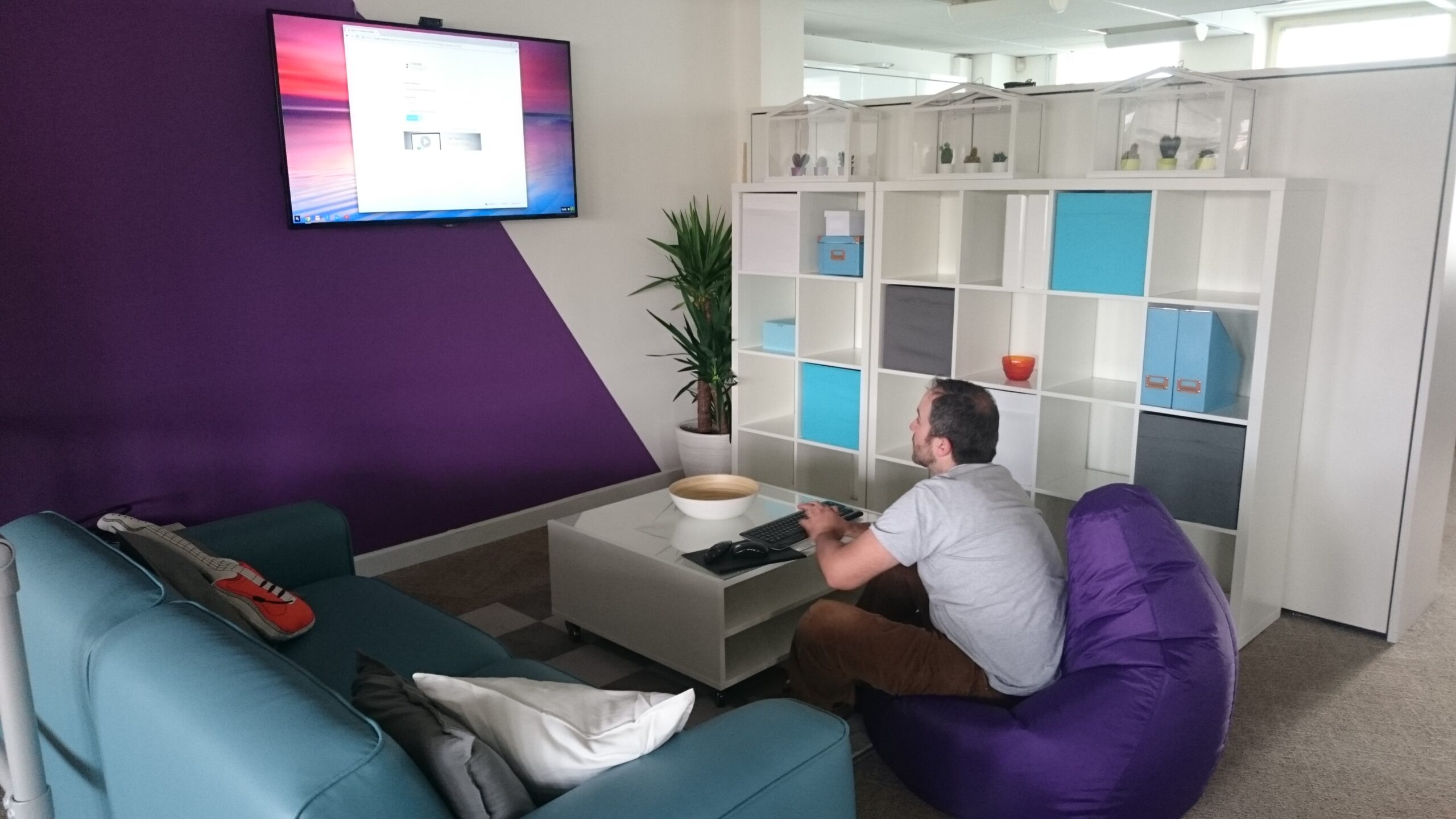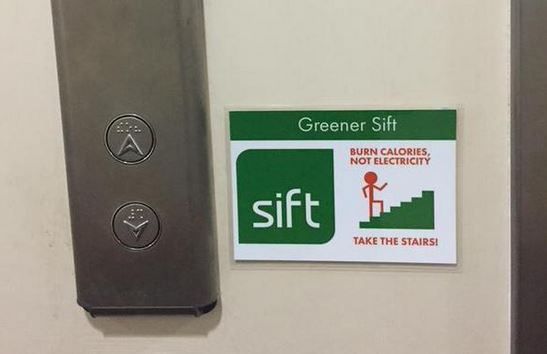I started working at Sift Media – the company that produces HRZone along with several other B2B communities and The UK Employee Engagement Conference – at the start of this year. I joined at a good time, as they had just got to the end of a long process of creating their Culture Code, something which was creating quite a lot of buzz around the office.
But what is a Culture Code, and why did Sift Media feel the need to have one? Was this a fluffy gesture from a media company trying to follow the cool kids over in California, or did it have a more genuine purpose?
Creating a ‘Why’
Whilst we’re on the subject of purpose, the starting point for Sift Media before creating their Culture Code was thinking about the company’s purpose, or their ‘why’. Having a central purpose gives employees an idea of what they should be working towards, as well as giving them an idea of what your company culture and ethos is about. The purpose decided on for Sift Media was:
“Inspiring people to take the actions that improve their lives and livelihoods, every day”
This then meant that we could then start thinking about the way in which all the different areas of Sift Media feed in to these actions, and how to create a set of principles that we can all follow to ensure that we’re fulfilling the company purpose at all times.

Core Values
We set about thinking of the core values that make up the company, from the way we think about our audiences, to the way we treat eachother in the workplace. Since creating this list we’ve had several talks, workshops & days out to reaffirm each point and make sure we remember what they are.
Our Culture Code is based on 8 key principles:
- Put people first
- Be relentless in pursuing our purpose
- Obsess over our audiences
- Be autonomous
- Be curious and strive to continously improve
- Measure the metrics that matter
- Be honest at all times
- Have fun!
From what I’ve seen since starting at Sift, I think we live these values pretty well already, especially the fun part! As well as frequent socials, we recently had a scavenger hunt across Bristol where we got to meet some local celebrities…

…as well as mix with members of the company we wouldn’t usually get a chance to. There were also the obligatory tasks to test our teamwork skills – including lots of riddles to solve!
The point being that the core parts of Sift’s values rest with its culture & its people, therefore the more activities we do together, the better.
I don’t think it’s necessary to have best friends at work (in fact, this article from HBR about using work friendships as a measure of engagement had me nodding along in agreement), but likewise given how much time we spend at work, and how important it is to be able to communicate well with our colleagues, it also stands to reason that we should have opportunities to have fun together and socialise to make things run as smoothly as possible.

Going further
In addition to the events related to the Culture Code, we’ve also had a recent office spruce-up, with some splashes of colour and a new chill out area. The decorating team made a quick montage video which is fun to watch!
Here’s our resident statistical whizz Sam enjoying our new chillout area – complete with big TV to show our website stats, beanbags, nice shelving and even a guitar cushion:

Other initiatives around the business include Sift Cares, who organise funraising and volunteering activities for local charities, and Greener Sift, who are responsible for getting us to improve our green credentials around the office, from changing our milk, coffee & bread suppliers to local independent ones, and encouraging us to do more eco-friendly things such as taking the stairs or using less paper.
Whether it’s making the office a bit brighter or giving employees a chance to feel like they’re putting a something into the local community, these small changes have all had an impact across the business – for a start several studies have shown that happier employees are more productive.

The Knock-on Effect
Overall, I think having these initiatives as well as the Culture Code has definitely had a positive effect on employees at Sift Media, and I’m sure other businesses would benefit from taking a similar approach.
Producing a Culture Code does take time, but even the process of thinking about what your ‘why’ and core values is beneficial, both to make sure you’re on track with what you want your business to stand for, and what you want your employees to be thinking and doing as representatives of your organisation. The changes you then implement can be as small or large as you like, as long as they reflect the culture you want for your business.
Of course there’s still a lot of work to be done, and things can always be reassessed and improved, but I firmly believe that having the Culture Code means we have a regular reminder of what we should be aiming for around the business, as well as feeling that we can also hold everyone else in the company to the same expectations, including senior management, and that makes it feel like a fair and pleasant company to work at.
Our full culture code can be found here: www.slideshare.net/ianrobins/sift-media-culture-code
Let me know your thoughts and about anything similar your organisation has been doing in the comments below!





